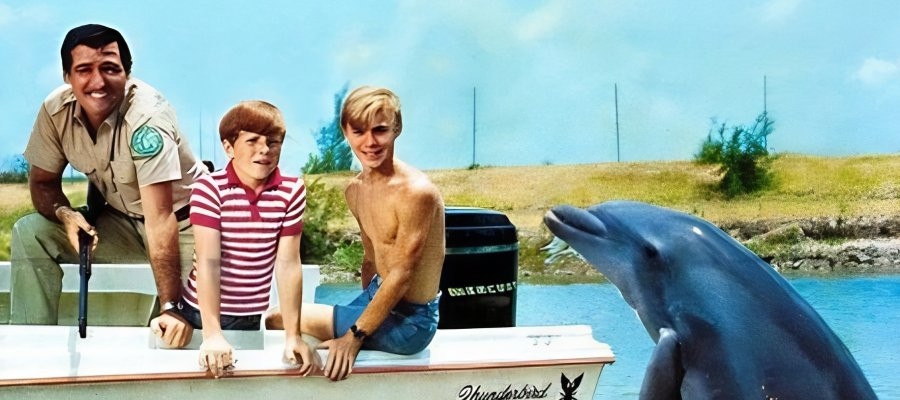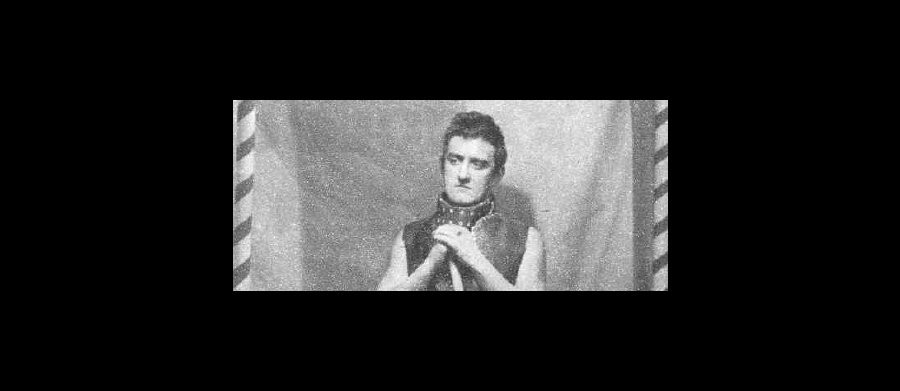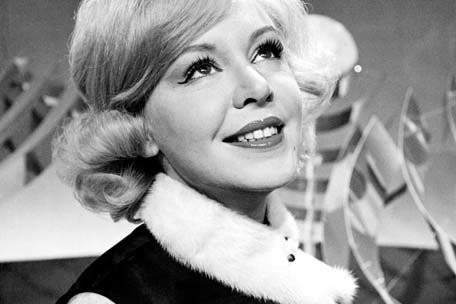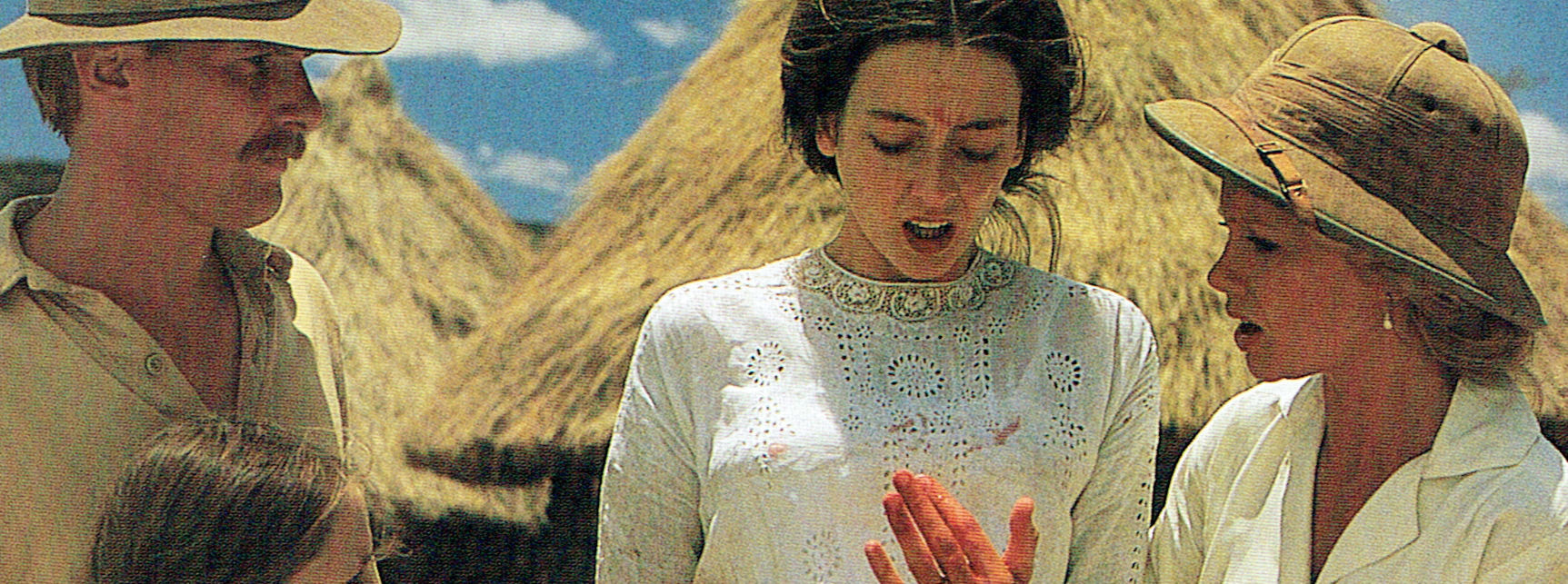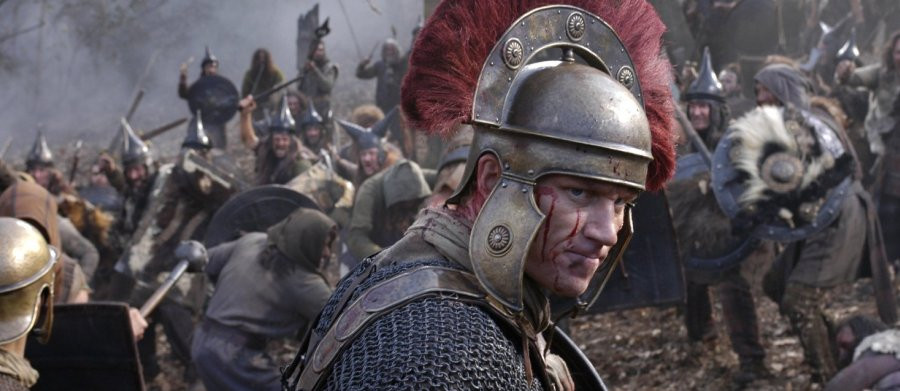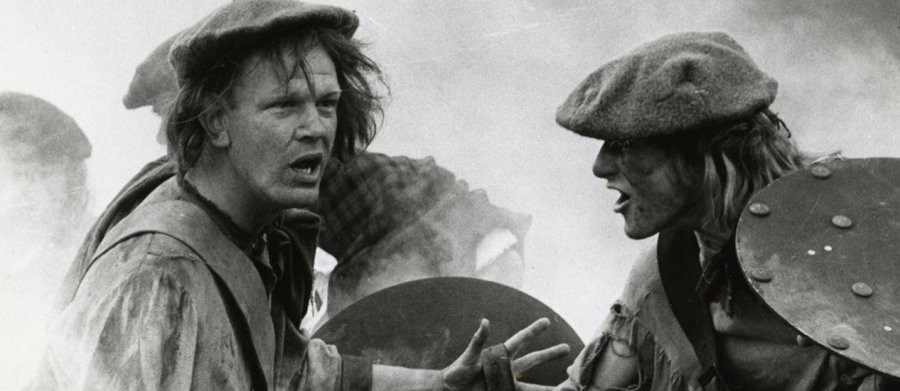
Culloden
1964 - United KingdomFirst transmitted on BBC2 on December 15th 1964, Culloden marked the professional debut of writer/director Peter Watkins, who developed a ground-breaking docudrama technique which blurred the distinctions between documentary and drama. One that was universally hailed by critics.
Watkins had already made a name for himself in the field of amateur film-making, directing such films as Diary of an Unmarried Soldier (1959) and The Forgotten Faces (1960). Late in 1962 he was engaged as an assistant producer for the newly formed BBC2 and worked as an assistant to Stephen Hearst on several of his documentaries before he was commissioned to make Culloden by Huw Wheldon. The main foundation for Culloden was a book of the same name by John Prebble.
The Battle of Culloden, which took place on April 16th, 1746, was the last battle fought on British soil. Some months earlier Prince Charles Edward Stuart ('Bonnie Prince Charlie'), son of James Edward, the Catholic Pretender to the British throne, had landed in Scotland, raised a ragged but tough-spirited Jacobite army from amongst the Gaelic-speaking Highland clans, and marched as far south as Derby before having to retreat back to the Highlands. He was pursued into Scotland by a powerful force of 9,000 redcoats under the command of William Augustus, the Duke of Cumberland, strengthened by Protestant Scot Lowlanders and several Highland clans loyal to King George II. Outside Inverness, on the bleak, rain-swept Culloden Moor, nearly 1,000 of Charlie's army, made up of 5,000 weak and starving Highlanders, were slaughtered by the Royal Army, who lost 50 men. The Highlanders finally broke and fled. Approximately 1,000 more of them were killed in subsequent weeks of hounding by British troops, during what became known as the "rape" of the Highlands.
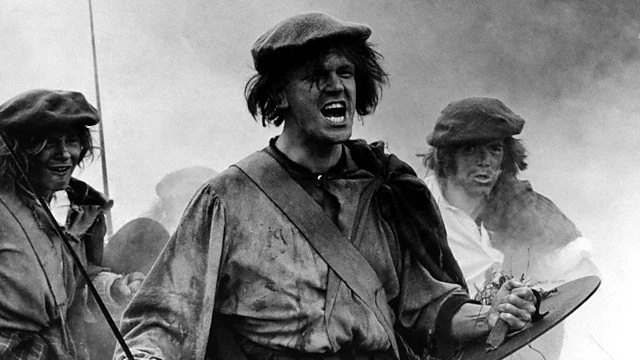
Watkins himself explained the motivation for making the drama: "This was the 1960s, and the US army was 'pacifying' the Vietnam highlands. I wanted to draw a parallel between these events and what had happened in our own UK Highlands two centuries earlier, including because our knowledge of what took place after Culloden was basically limited to an exotic image of 'Bonnie Prince Charlie' on the label of a Drambuie whiskey bottle. Secondly, I wanted to break through the conventional use of professional actors in historical melodramas, with the comfortable avoidance of reality that these provide, and to use amateurs - ordinary people - in a reconstruction of their own history. Many of the people portraying the Highland army in our film were direct descendants of those who had been killed on the Culloden Moor."
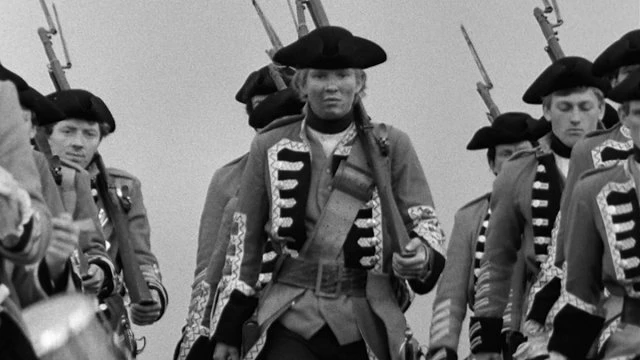
Culloden was filmed in August 1964, near Inverness. Watkins reconstructed events in the manner of a modern day current affairs programme and filmed many scenes of the drama with a hand-held camera to give it a more documentary feel. In one particular scene a man put his hand in front of the camera in order to stop it recording a scene of injured and dying men. On top of this a reporter reported to the audience details leading up to the battle, facts about the battle itself and information on individuals just as one would expect to hear in a contemporary frontline war report. The battle itself only takes up a small amount of screen time before the drama moves on to 'interview' direct to camera the wives of the soldiers lost in battle. Watkins admitted "we made and edited our film as though it was happening in front of news cameras, and deliberately reminiscent of scenes from Vietnam which were appearing on TV at that time."
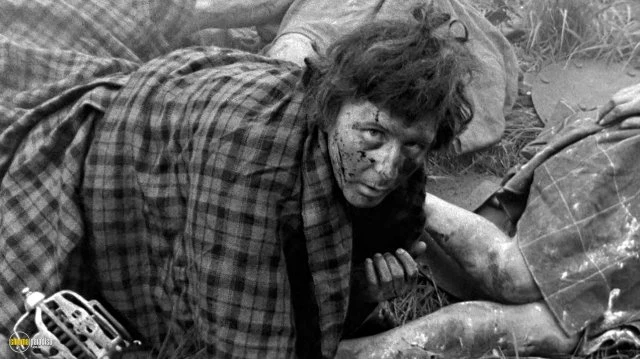
Culloden was seen as a breakthrough for TV documentary, paralleling advances being made at the BBC by Ken Loach, and by Ken Russell and other filmmakers. The critic in The Sun newspaper claimed Culloden to be 'One of the bravest documentaries I can remember' while the Observer's critic wrote: 'The result was so unexpectedly convincing it gave me quite a shock. I have no hesitation in raving about it, even to the extent of muttering: breakthrough.' Culloden was successful enough to enable Watkins to make The War Game, docudrama on the nuclear deterrent. This next project proved to be too controversial for the BBC who banned it before it was even broadcast.
Seen this show? How do you rate it?
Seen this show? How do you rate it?
Published on May 17th, 2019. Written by Laurence Marcus for Television Heaven.




